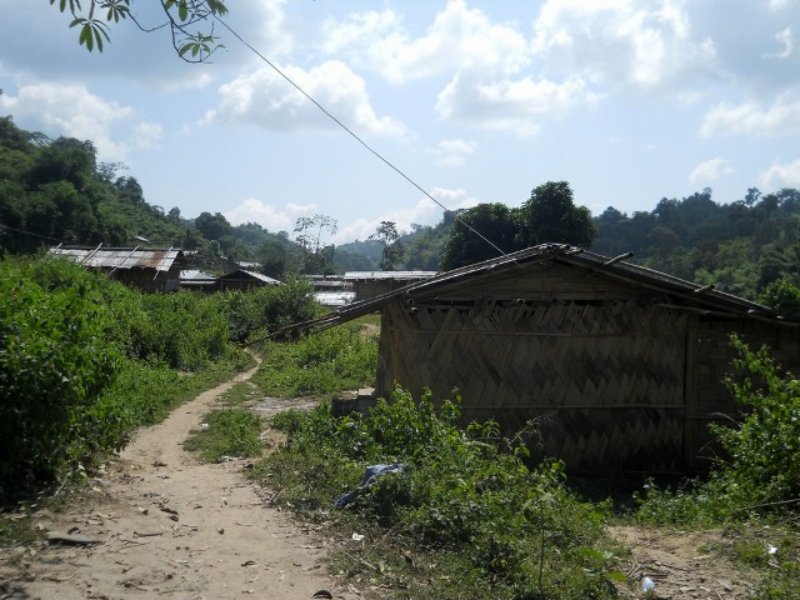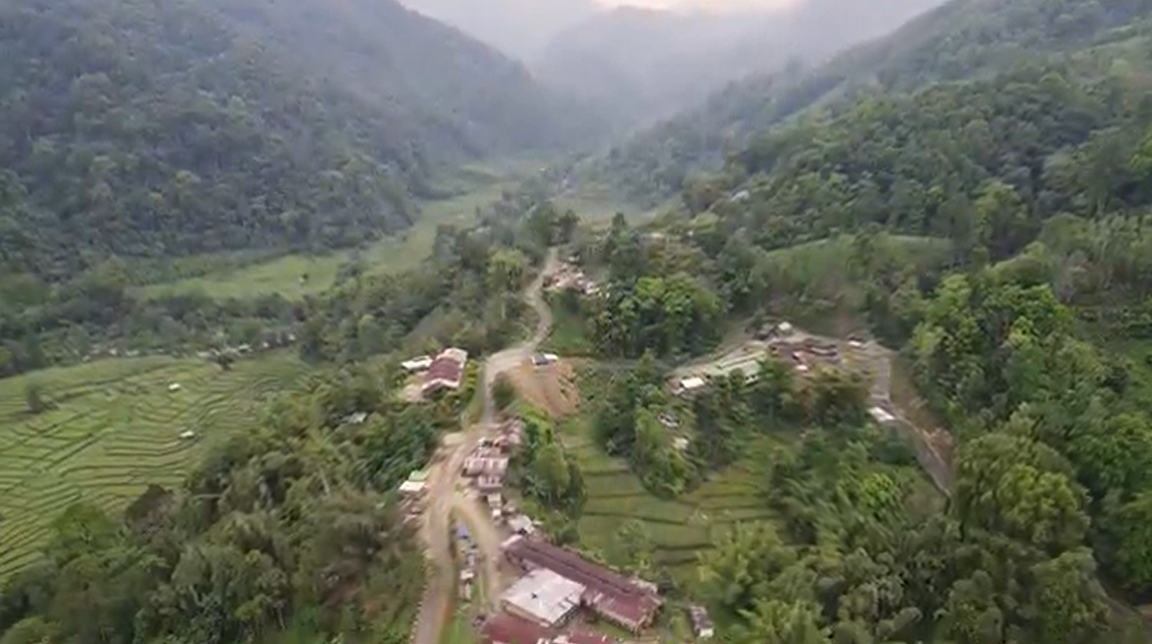
Themes
tribal ecological knowledge
Nyishi tribe’s Water Conservation Techniques, arunachal pradesh

The Nyishi actively protect forests and conserve biodiversity through sustainable use. They gather medicinal plants using methods that prevent depletion and respect sacred spaces within forests. Taboo-based restrictions on certain trees and areas prevent ecological harm, reinforcing their role as stewards of nature. These practices, rooted in traditional knowledge, preserve ecological balance and demonstrate their conservation ethics, which are essential for the continued health of their environment.

The Nyishi use jhum cultivation (shifting agriculture) on hilly land, allowing soil to recover and preventing erosion. This method fosters biodiversity by growing crops like millet and maize, with practices adapted to seasonal changes. Their approach reflects deep ecological knowledge, balancing soil fertility with sustainable use of natural resources. By rotating fields and preserving native plant species, the Nyishi demonstrate their commitment to sustainable agriculture, ensuring the health of the environment.

In order to preserve rivers and streams for drinking and farming, the Nyishi tribe employs water conservation measures. They build little canals to transport water to the jhum fields and use natural means to reduce water pollution. By treating riverbanks as sacrosanct, they conserve aquatic life and the riparian ecosystem. This ecological regard protects the long-term availability of water resources and demonstrates the tribe's awareness of the value of clean, sustainable water management.

Nyishi hunting practices reflect their knowledge of local wildlife and emphasize ecological balance. They follow seasonal restrictions to protect animal populations and respect taboos on hunting endangered species, which fosters biodiversity. By viewing hunting as a reciprocal relationship with nature, they balance their needs with the environment, ensuring the ecosystem’s stability. This approach highlights their understanding of species interdependence and commitment to ethical resource use.

The Nyishi’s belief in Donyi Poloism (sun and moon worship) reinforces sacred ecology. Temples, like Nyeder Namlo, are surrounded by protected forests that sustain local wildlife. Their spiritual connection to nature fosters environmental ethics, influencing practices in farming, hunting, and conservation. This sacred ecology blends cultural beliefs with environmental stewardship, demonstrating the inseparable link between spiritual traditions and sustainable resource management.

